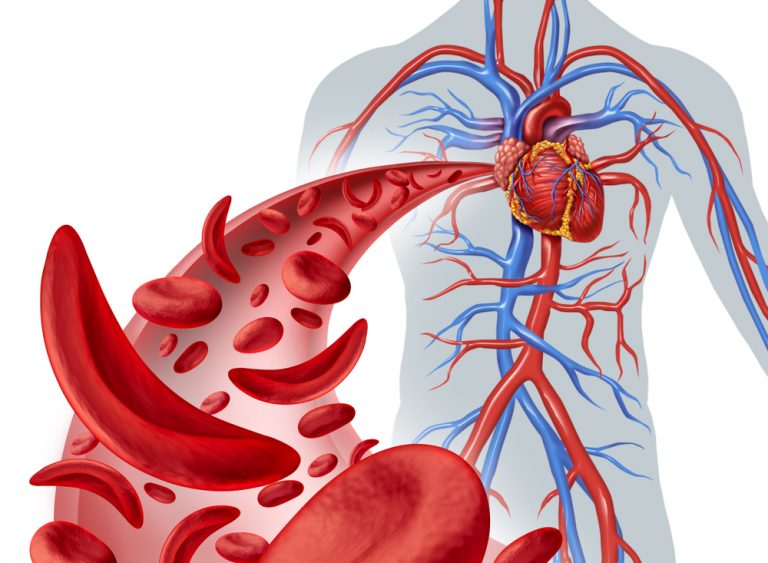A Non-Communicable Disease (NCD), also known as a ‘chronic disease’, is a condition that has a long duration and is the result of a combination of genetic, physiological, environmental and behavioural factors.
NCDs have emerged as the leading cause of death globally. The four main NCDs are cardiovascular diseases (including hypertension), cancers, diabetes and chronic lung diseases (like asthma) which account for over 80% of all NCD related deaths that occur in persons younger than 70 years old (‘premature deaths’).
The burden of these diseases is rising disproportionately among populations in lower income countries like Jamaica and other Caribbean countries. In 2017, NCDs accounted for the top 5 leading causes of death in Jamaica: stroke, diabetes, ischaemic heart disease, Alzheimer’s disease (a type of dementia) and interpersonal violence.
The Non-Communicable Disease and Injury Prevention Unit in the Ministry of Health and Wellness joins the international and regional community in the mandate to reduce the impact of NCDs.
Jamaica’s priority NCDs includes:
NCDs often take years to develop and cause symptoms, therefore many persons live with a chronic disease and are unaware that they have one until they are diagnosed in its advanced stage. Regular health checks help to reduce the risk of developing chronic conditions and their complications by identifying risk factors that make persons more likely to develop major NCDs and detecting potential health problems early.
NCDs can also be prevented by adopting healthy lifestyle habits such as eating healthier foods, increasing physical activity, avoiding excess alcohol and not smoking, among other lifestyle changes
Prevention, screening and early detection are important strategies in the reduction of the burden of NCDs, as well as the empowerment of persons living with these conditions to take control of their health to avoid complications and live healthy lives.










